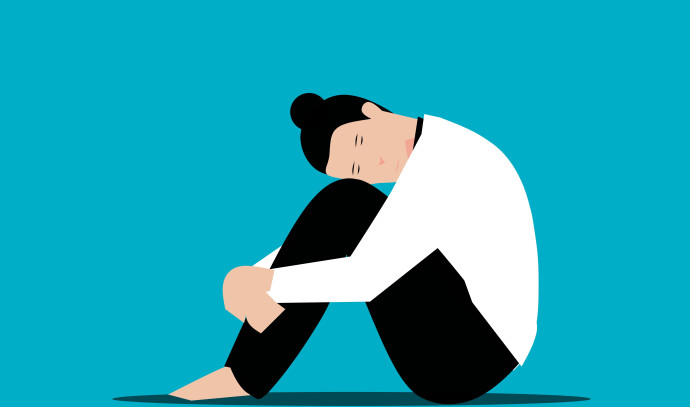|
Getting your Trinity Audio player ready...
|
Vitamin B12 is an essential vitamin that has an important role in the production of red blood cells, in the production of DNA, and in the function of nerve cells.
Despite its importance, many people suffer from its deficiency, which can lead to a variety of medical problems such as:
Fatigue – B12 is needed for the production of red blood cells that carry oxygen in the body. When there is a B12 deficiency you can feel tired and weak.
Reduced circulation in the hands and feet – B12 has an important role in the functioning of nerve cells, and its deficiency can cause a reduction in circulation in the hands and feet.
Difficulties in thinking and concentrating – B12 is important for brain function and its deficiency can lead to thinking disorders, memory disorders, and even depression.
Pale and yellowish skin – B12 deficiency can cause a type of anemia called megaloblastic anemia, which can make the skin appear pale or yellowish.
Tongue pain or mouth ulcers – a B12 deficiency can cause inflammation and pain in the tongue, as well as mouth ulcers.
Digestive problems – B12 deficiency can lead to digestive problems such as constipation, diarrhea, or loss of appetite.
Risk factors for B12 deficiency
Vegetarian or vegan diet – B12 is found in foods of animal origin, so vegetarians or vegans are at risk of developing a B12 deficiency.
Advanced age – as we age, our bodies become less efficient at absorbing nutrients including B12.
Digestive system problems – diseases such as celiac disease, inflammatory bowel disease, or inflammation of the stomach lining called atrophic gastritis can lead to a disturbance in the absorption of B12.
Certain medicines – there are certain medications, such as heartburn medications of the hydrogen channel blocker type (such as Controloc), or metformin used to treat diabetes, which can lead to B12 deficiency.
Excessive consumption of alcohol – alcohol impairs the body’s ability to absorb B12
How can you avoid B12 deficiency?
Eat foods rich in B12. If you are not vegetarian or vegan, eat foods of animal origin such as meat, fish, chicken, eggs, and dairy products. If you are vegetarian or vegan you are at increased risk of developing B12 deficiency. According to one study, two-thirds of vegans, and one-third of vegetarians who eat eggs and dairy products, suffer from B12 deficiency.
If you are vegetarian or vegan it will be easier to take a B12 supplement. They will make it easier to support your digestive system.
If you have intestinal problems that interfere with the absorption of B12, find out what the cause is and treat it. You may need digestive system support with probiotics, digestive enzymes, or even hydrochloric acid supplements that improve B12 absorption.
Be aware of medications that can lead to B12 deficiency. If you are using hydrogen channel blockers or metformin, talk to your doctor about having lab tests done for B12 deficiency, and giving supplements if needed.
Limit alcohol consumption. Heavy consumption of alcohol can impair the absorption of B12.



